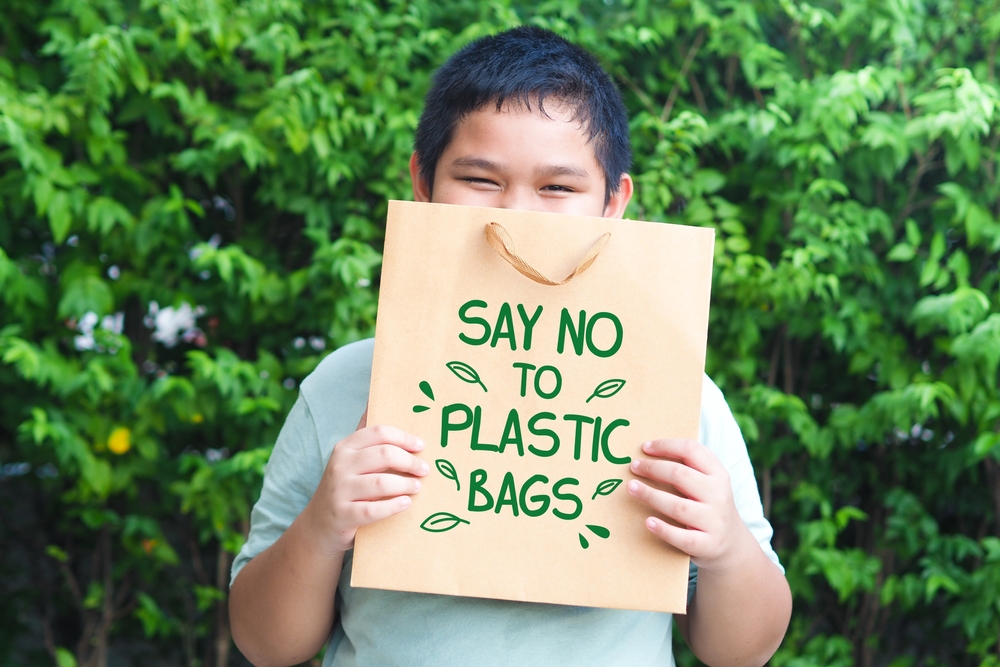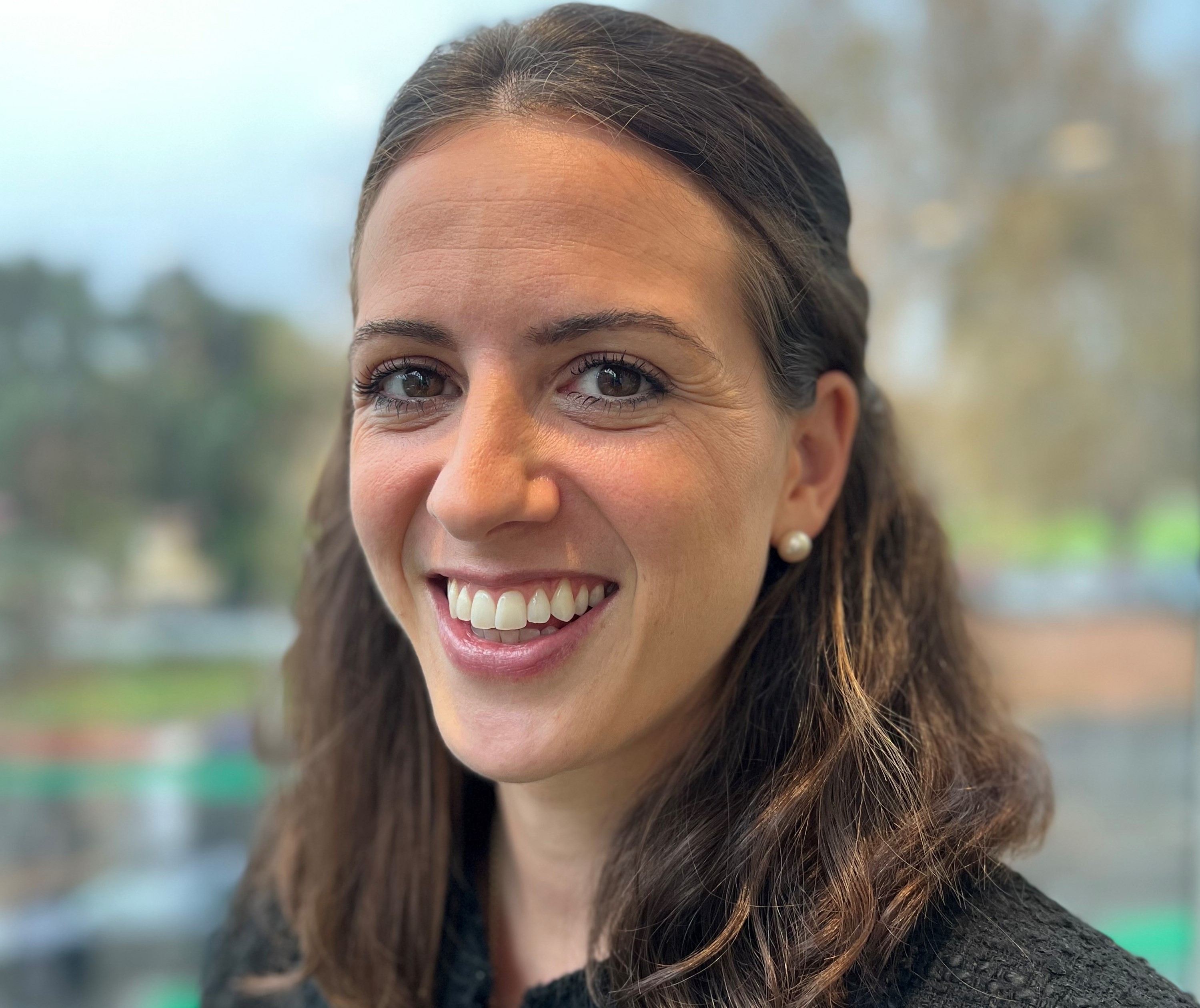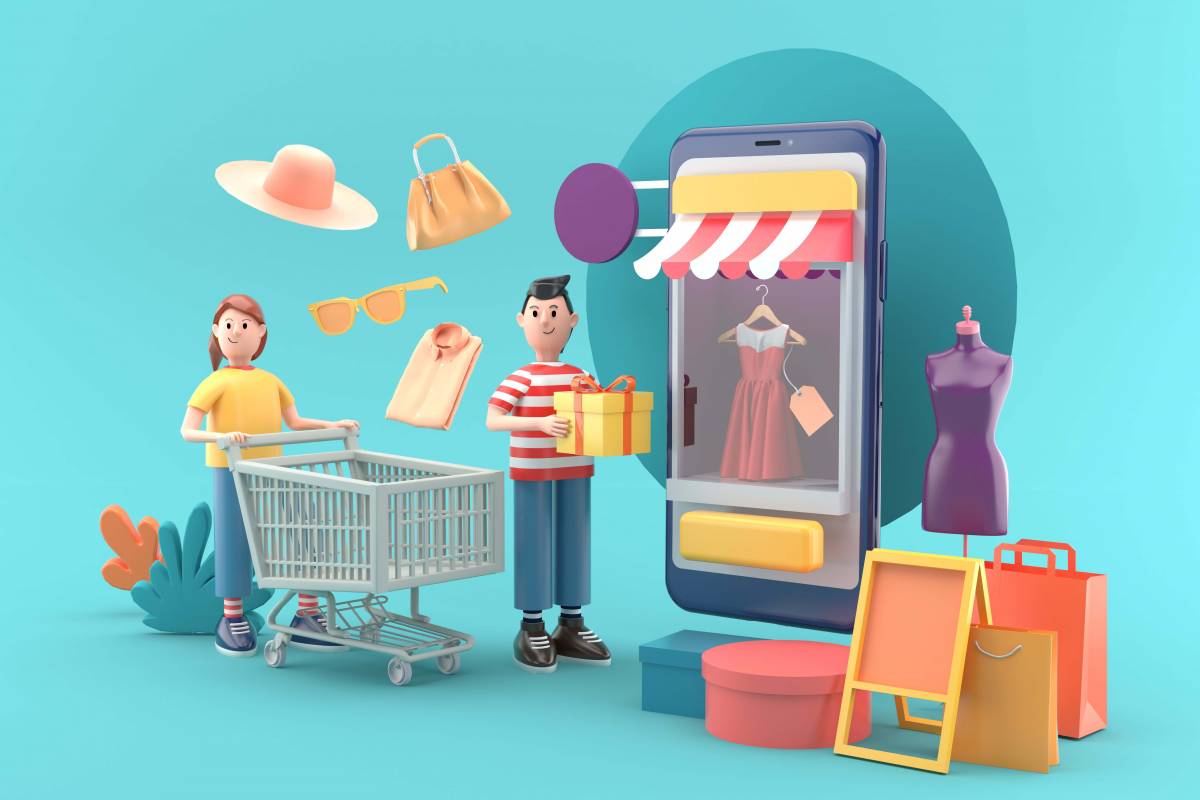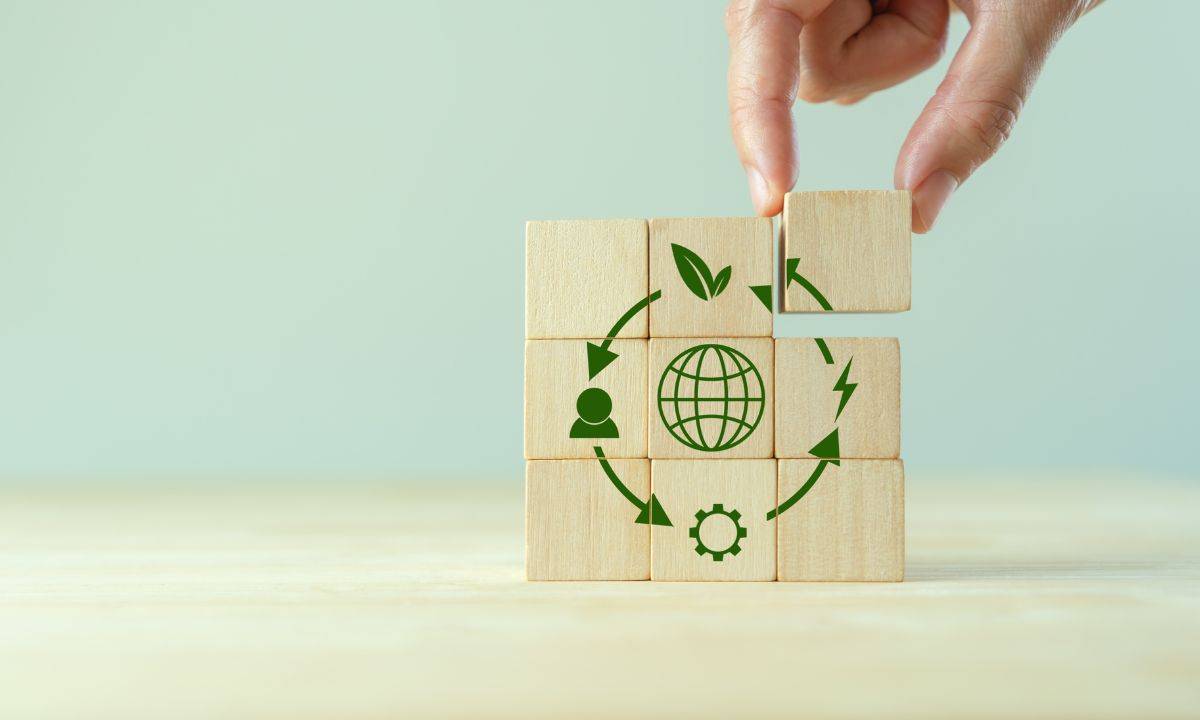
Photo credit: Shutterstock
About 90% of consumers in Asia-Pacific are willing to pay more for sustainable products, but a lack of information and availability are holding them back, according to a new survey published ahead of World Environment Day.
The survey showed 14% of consumers are environmentally and socially conscious in both Asia-Pacific and Europe, more than the 8% in the U.S., said consultancy Bain & Co, who conducted the survey.
Health-conscious consumers, who often consider sustainable products as a route to healthier lifestyles, represent 51% of all consumers in Asia-Pacific, far more than in Europe at 27% and the U.S. at 31%.
Retailers, from established multinationals, such as Unilever and L’Oreal, to digitally native startups, are racing to figure out what consumers’ greater sustainable awareness means for their businesses and brands.
For one, Alibaba Group has pledged to be carbon neutral by 2030 as it reins in emissions across its operations and works with millions of merchants to offer more sustainable products to over 1 billion consumers using its platform in China.
“The future is really promising for sustainable shopping,” said Bain associate partner Zara Lightowler, who co-authored the report based on a survey of over 16,000 consumers across 11 countries and seven consumer products categories.
To be sure, shopping green may be easier said than done. The consultants found that even though consumers say they want to buy sustainable goods, few follow through.
Lack of availability as a barrier to buying more sustainable products was cited by a tenth of consumers in the survey.
E-commerce platforms are working to solve this. On Alibaba’s cross-border B2C platform Tmall Global, consumers can find organic propolis throat sprays from Brazil, sustainable lab-created diamonds from France and eco-friendly sneakers from America.
Worldwide, nearly 200 countries have now ratified the Paris Accord to limit global warming to 1.5°C, and more than 127 countries have imposed taxes or bans on plastic bags.
Transparency is Key
Consumers are sensitive to potential greenwashing by companies and 15% will not buy sustainable goods because of a lack of information or distrust, according to Bain.
“Many brands are claiming that they are organic milk, but it is difficult for me to distinguish which brand is better. It’s hard for me to judge whether the product is sustainable,” said one Chinese consumer.
There are more than 460 certified ecolabels globally and people get their information from a wide variety of sources.
“What’s important is to keep the information simple. What we see is insurgent brands often actually doing quite a good job of picking a few areas of ESG that they really want to communicate on,” said Lightowler.
E-commerce platforms are also working to pick up the slack.
Alibaba’s B2C e-commerce marketplace Tmall launched eco-friendly product labels earlier this year and has ranked the energy efficiency of over 300,000 electric goods from thousands of merchants.
Transparent labeling of products’ carbon footprints, livestreaming about eco-friendly options and greener packaging are all gathering steam in China.

Developing Countries Lead
Consumers surveyed in the region’s fast-growing markets of China, India, Indonesia, Thailand, Malaysia, the Philippines, and Vietnam are more conscious of environmental and social factors than those in the more mature markets of Australia, Singapore, Japan, and South Korea.
As an extreme example, the environmentally and socially conscious segment of consumers is five times greater, on a percentage basis, in China than in Japan. One possible explanation is that witnessing the impact of environmental issues first-hand in fast-growing markets makes these threats real and tangible, said Bain.
“China has a true need for green products anchored in their everyday life, where they suffer from pollution and the environmental consequences of climate change and consumption,” said Marie-Ann Wachtmeister co-founder of Courbet, a lab-grown diamond company that is expanding in China by launching on Tmall Global.
Bain research busted another popular myth—namely, that only young and affluent consumers are truly sustainability conscious.
Across Asia-Pacific, the percentage share of consumers identifying as both environmentally/socially conscious and health conscious was roughly the same for survey participants aged 18 to 34 years old as it was for those aged 60 years and older.
Leadership
Bain interviewed 20 executives of large consumer products companies, and all agreed that they are making sustainability a priority and devoting more time to it.
Alibaba and French beauty company L’Oréal have also partnered to launch refillable product offerings from creams to perfumes in China.
Yet half of those interviewed said they needed a bolder ambition, and all of them said they required significant work to fully embed sustainability into the core of their business.
Conversely, many insurgent brands in Asia-Pacific and throughout the world are born sustainable, focusing on a short list of ESG elements that are an integral part of the brand purpose and proposition.
Brands that do the best job of closing the gap between consumers saying they want to be more sustainable and following through to purchase and consumption will set themselves up for fast growth and enjoy high approval and recommendations among consumers.
“The outlook is very promising, but it comes back to being able to, to actually complete the purchase and asking brands to actually remove the barriers,” said Lightowler.




